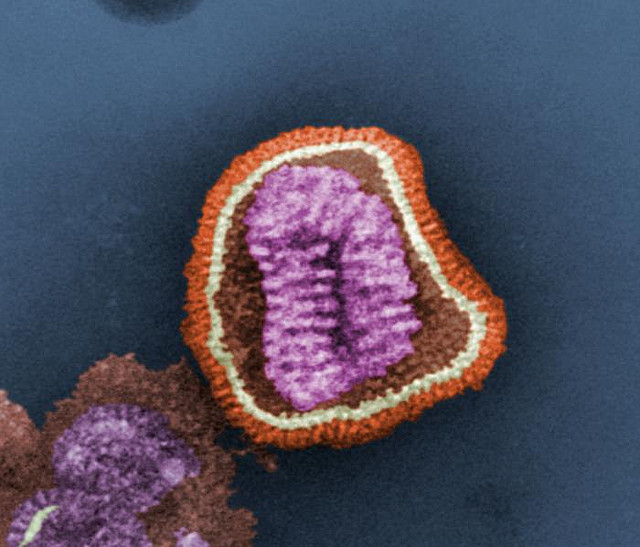Power Electronics Part Two
1.Once SCR starts conducting a forward current, its gate looses control over
(A) anode circuit voltage only (B) anode circuit current only
(C) anode circuit voltage and current (D) anode circuit voltage, current and time
Answer-C
2.As compared to power MOSFET, a BJT has
(A) lower switching losses but higher conduction loss
(B) higher switching losses and higher conduction loss
(C) higher switching losses and lower conduction loss
(D) lower switching losses and lower conduction loss
Answer-C
3.Secondary breakdown occurs in
(A) BJT but not in MOSFET (B) MOSFET but not in BJT
(C) both BJT and MOSFET (D) None of the above
Answer-A
4.Thermal runaway is not possible in FET because, as the temperature of FET increases
(A) The mobility of charge carriers decreases
(B) The transconductance increases
(C) The drain current increase
(D) The mobility increases
Answer-A
5.Common emitter current gain hFE of a BJT is
(A) dependent on collector current Ic
(B) dependent on collector emitter voltage, VCE
(C) dependent on base emitter voltage, VCE
(D) always constant
Answer-A
6.Which of the following device is not current triggered device?
(A) Thyristor (B) GTO (C) TRIAC (D) MOSFET
Answer-D
7.Which of the following devices should be used as a switch in a low power switched mode power supply (SMPS) where switching frequency in the range of 20 kHz to 100 kHz?
(A) GTO (B) MOSFET (C) TRIAC (D) SCR
Answer-B
8.The average current rating of a thyristor, as supplied by manufacturers, corresponds to
(A) resistive current (B) Inductive current
(C) capacitive current (D) Independent of load
Answer-A
9.A forward voltage can be applied to SCR after its
(A) Anode current reduces to zero (B) gate recovery time
(C) reverse recovery time (D) anode voltage reduces to zero
Answer-B
10.What is the average on state current for 60° conduction angle where in the average on state current for an SCR is 20 A for conduction angle of 120°
(A) 20 A (B) 25 A (C) 40 A (D) < 20 A
Answer-D
11.The average on state current for an SCR is 20 A for a resistive load. If an inductance of 5 mH is included in the load, then average on state current would be
(A) more than 20 A (B) less than 20 A (C) 15 A (D) 20 A
Answer-A
12.Data sheet for an SCR gives its maximum rms on state current as 35 A. The rms current rating for a conduction angle of 120° would be
(A) more than 35 A (B) less than 35 A (C) 35 A (D) 20 A
Answer-C
13.An SCR has specified value of dv/dt as 157 V/μs. If a sinusoidal noise signal of frequency 500 kHz appears, the maximum allowed peak value of noise signal for not triggering the SCR is
(A) 50 V (B) 25 V (C) 100 V (D) 150 V
Answer-A
14.Turn on time of an SCR can be reduced by using a
(A) rectangular pulse of high amplitude and narrow width
(B) rectangular pulse of low amplitude and wide width
(C) triangular pulse (D) trapezoidal pulse
Answer-A
15.For an SCR with turn on time of 5 μs, an ideal trigger pulse should have
(A) short rise time with pulse width = 3 μs (B) long rise time with pulse width = 6 μs
(C) short rise time with pulse width = 6 μs (D) long rise time with pulse width = 3 μs
Answer-C
16.For a pulse transformer, the material used for its core and the possible turn ratio from primary to secondary are, respectively
(A) ferrite; 20 : 1 (B) laminated iron; 1 : 1
(C) ferrite; 1 : 1 (D) powdered iron; 1 : 1
Answer-C
17.An SCR triggered by current pulse applied to gate – cathode can be turned OFF
(A) by applying pulse to cathode
(B) by applying pulse to anode
(C) by applying another pulse of opposite polarity to the gate cathode
(D) by reversing the polarity of the anode and cathode voltage
Answer-D
18.The capacitance of reverse biased junction of a thyristor is 20 pF. The charging current of this thyristor is 4 mA. The limiting value of dv/dt in V/μs is
(A) 50 (B) 100 (C) 200 (D) 500
Answer-C
19.Two identical SCRs are placed back to back in series with load. If each is fired at 90o, a dc voltmeter across the load will read
(A) Zero (B) 2/π*peak voltage
(C) 1/π*peak voltage (D) 4/π*peak voltage
Answer-A
20.Which one of the following statement is correct? In order to get the best results per unit cost, the heat sinks on which thyristors are mounted, are made of
(A) copper (B) Aluminium (C) nickel (D) stainless steel
Answer-B


No comments:
Post a Comment